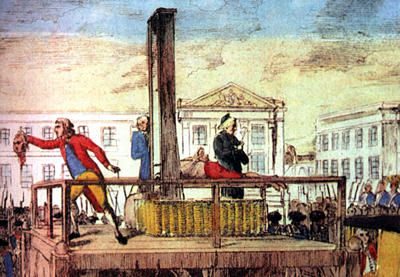Cheetah
Deity

The U.S. government does not represent the interests of the majority of the country's citizens, but is instead ruled by those of the rich and powerful, a new study from Princeton and Northwestern universities has concluded.
The report, "Testing Theories of American Politics: Elites, Interest Groups, and Average Citizens" (PDF), used extensive policy data collected between 1981 and 2002 to empirically determine the state of the U.S. political system.
After sifting through nearly 1,800 U.S. policies enacted in that period and comparing them to the expressed preferences of average Americans (50th percentile of income), affluent Americans (90th percentile), and large special interests groups, researchers concluded that the U.S. is dominated by its economic elite.
Source: Business Insider
Direct link to study: http://www.princeton.edu/~mgilens/Gilens%20homepage%20materials/Gilens%20and%20Page/Gilens%20and%20Page%202014-Testing%20Theories%203-7-14.pdf
This is something I have long been arguing, though I would mostly have called it a 'plutocracy' (which is a subcategory of oligarchy I suppose, so whatever). What is nice however, is to have an actual, thorough study to base my arguments on. The particulars may be debated, but it seems obvious that the political say of the average person has diminished since ~1970. From the viewpoint of most citisens in other developed and free countries, it certainly seems like the average U.S. citisen has been served a raw deal during the latest decades.
This also expands the comparisons between the Roman Republic (later Empire) and the federal republic of the United States of America: Will the U.S. also evolve from a republic, through an oligarchy and then into a dictatorship? Are we witnessing the end of the republican period for the U.S.? And even more: Is it at all possible for a political superpower to remain democratic?
The authors write that 'The results provide substantial support for theories of Economic Elite Domination and for theories of Biased Pluralism, but not for theories of Majoritarian Electoral Democracy or Majoritarian Pluralism'. What do you make of the current U.S. government and the status of its average citisen?


